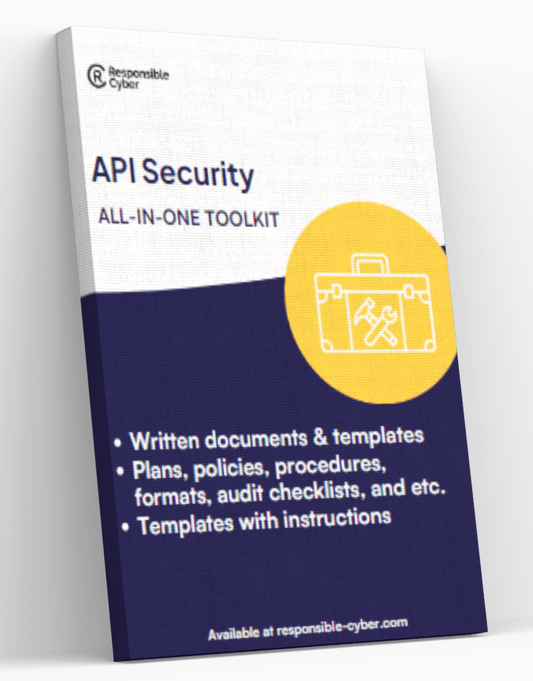What is a Firewall ?

A firewall is a network security system that monitors and controls incoming and outgoing network traffic based on predetermined security rules. Typically, it establishes a barrier between a trusted internal network and untrusted external networks, such as the internet, to prevent unauthorized access to or from the network.
History and Evolution of Firewalls
The concept of a firewall originally emerged in the late 1980s as the internet began to grow and the need for improved security mechanisms became evident. Early firewalls were fairly simple packet filters that inspected the headers of packets passing through them to decide whether to pass them on or block them, based on the source and destination IP addresses, ports, and in some cases, the protocol type.
As technology evolved, so did firewalls. The second generation—stateful filters—was developed to maintain track of the state of active connections and make decisions based on the context of traffic, which offered more security than static packet filtering. This was followed by the development of application layer firewalls that could inspect the content of the traffic to identify and block specific content that could violate security policies.
Types of Firewalls
Firewalls can be categorized into several types based on their functionality:
-
Packet Filtering Firewalls - The most basic form of firewalls that make decisions based on individual packets. They look at the source and destination IP address, the port numbers, and other header information without considering the traffic's broader context.
-
Stateful Inspection Firewalls - These take into account the state of network connections when filtering packets. They are more secure than simple packet filters because they track the state of network connections and can block packets that are part of an unauthorized connection.
-
Proxy Firewalls - Also known as application-level gateways. These firewalls function at the application layer of the network stack and can understand and block specific content within the data that passes through.
-
Next-Generation Firewalls (NGFW) - These combine the capabilities of the traditional firewall with additional features such as encrypted traffic inspection, intrusion prevention systems (IPS), and identity-based and application-aware capabilities. They are designed to help combat modern threats and are particularly adept at protecting enterprises from application-layer attacks.
-
Network Address Translation (NAT) Firewalls - These allow multiple devices on a private network to access the internet using a single public IP address. While providing security by hiding internal IP addresses, they can also perform the task of a firewall by controlling inbound traffic.
How Firewalls Work
Firewalls work by implementing a set of rules to allow or deny traffic. A rule might allow traffic from known, trusted IP addresses while blocking access from suspicious or unauthorized sources. Traffic can be controlled based on various indicators, including IP addresses, MAC addresses, domain names, programs, ports, and protocols.
For instance, a firewall might allow traffic on HTTP and HTTPS ports from any source on the internet to reach a web server located within a corporate network but deny access to all traffic on the MySQL database port from outside the network.
Benefits of Using Firewalls
-
Protection from External Threats - Firewalls can prevent attackers and external threats from gaining access to sensitive data on a network.
-
Controlled Access to Resources - They can be configured to control access to network resources, both for users within the network and for external sources, thereby protecting against unauthorized access and ensuring that users do not access inappropriate web resources.
-
Monitoring Network Traffic - Firewalls log attempts at unauthorized access, enabling network administrators to monitor and respond to attempted breaches in real-time.
-
Providing VPN Services - Many firewalls also provide Virtual Private Network (VPN) services, allowing remote users secure access to the network by encrypting data as it travels over the internet.
Limitations and Considerations
While firewalls are a critical security component, they are not foolproof. They must be properly configured to effectively protect a network, which can be complex and requires expertise. Additionally, as cyber threats evolve, so must firewall technology and configurations, requiring constant updates and maintenance.
In conclusion, firewalls serve as a fundamental line of defense in network security, providing a barrier against external threats while managing and monitoring traffic based on rigorous security protocols. The continuous evolution in firewall technology aims to match the pace of increasingly sophisticated cyber threats, highlighting the importance of staying updated on security measures in the digital age.











